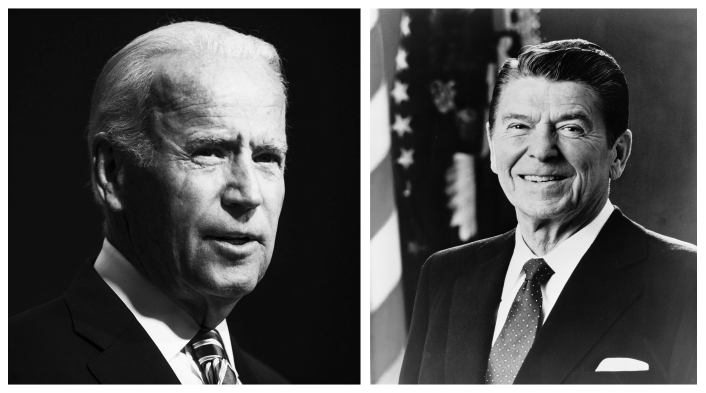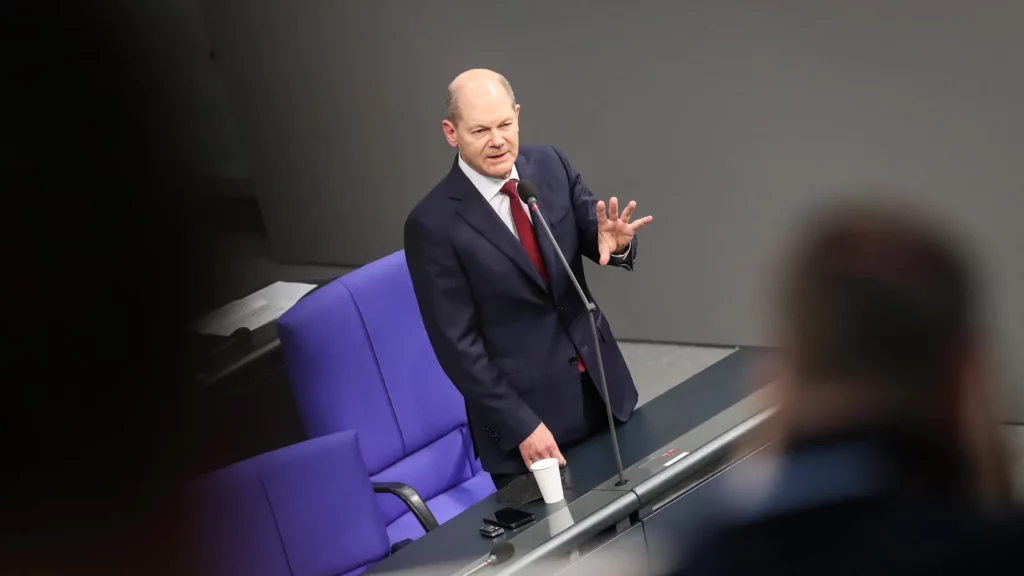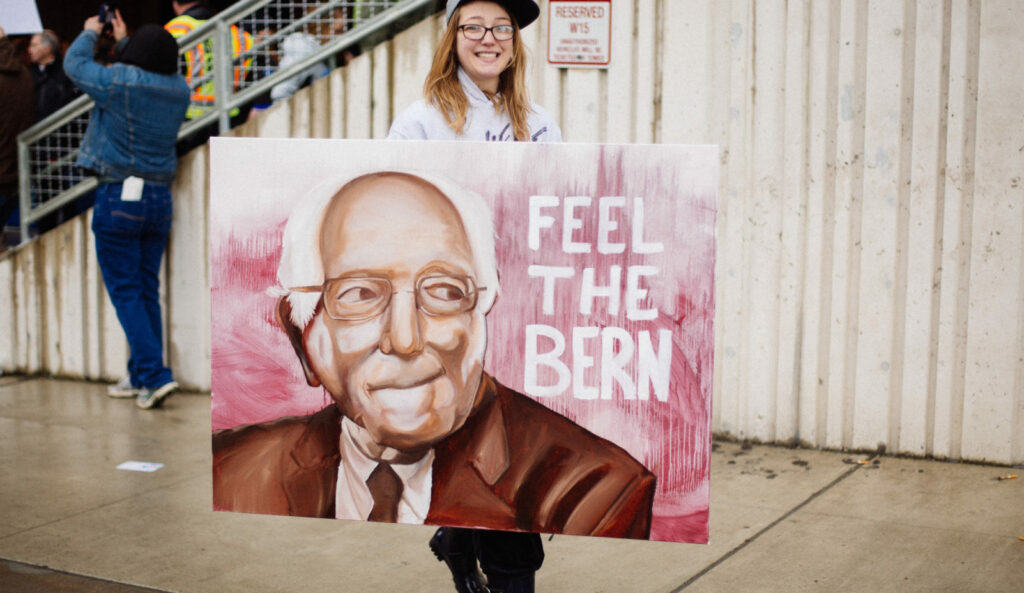Article overview
The forgotten history of European Community debt
Sebastian Horn, Josefin Meyer, Christoph Trebesch show that since the 1970s, the European Commission has placed more than a dozen community bonds on private markets, which were guaranteed by the member states and distributed to countries in crisis.
Washington consensus 2.0?
The Washington consensus has for long time been the symbol of market liberalism. Now, there may be a „new Washington consensus“, writes Martin Sandbu from the Financial Times based on what the International Monetary Fund and the World Bank argue in recent publicatioins around their traditional spring meetings.
Interview with Larry Kramer: The Road to Paradigmatic Change
We discussed with Larry what it takes to create a new paradigm and whether the new US administration will turn things around.
Is the race to the bottom of corporate taxation finally coming to an end?
Yellen's call this week for global minimum corporate tax buries a weighty part of the old paradigm - the unhealthy tax competition between states.
Paradigm Shift in Albania – FES Study on the Relationship between Market and State
The Economy for All initiative of the Friedrich-Ebert-Stiftung presented and discussed a new study on paradigm change on 18.3.2021. Also on the panel that discussed the study – Forum New Economy.
Bidenism and the American Rescue Plan – Part II
Right after getting the $1.9 trillion rescue plan approved, Biden is ready to push for a $3 trillion infrastructure package. How do these measures reflect the changes in economic theory and policy debates?
Makronom Series on the Relationship between the Market and the State in the Post-Corona Age
COVID19 and the climate crises, growing inequality and financial market stability: almost everywhere, the relationship between markets and governments needs to be re-examined. A review of the series in the online magazine Makronom.
Favorite Readings for a New Paradigm – Winter 2020/21
Every three months Forum New Economy is showcasing a hand full of selected research papers that lead the way towards a new economic paradigm.
Beyond Growth: Toward a New Economic Approach
Michael Jacobs writes about new goals and benchmarks for economic and social progress. The report, written for the OECD, is now available in German.
Event – Beyond Growth – Towards a New Economic Approach
Michael Jacobs, Denis Snower, Katharina Beck, Christoph Schmidt and Nicola Brandt discuss on February 15 about the meaningfulness of growth and how to make economic policy more goal-oriented.
Why (and how) liberalism must reinvent itself in the 21st century
Timothy Garton Ash describes what should replace the failed technocratic economic liberalism of the past three decades.
Expert-Seminar - The transformation of the automobile industry in Germany
On 24 February, Forum New Economy organised an online expert seminar on the transformation of the automobile industry where the impact of the transport turnaround on car regions and employment was discussed.











